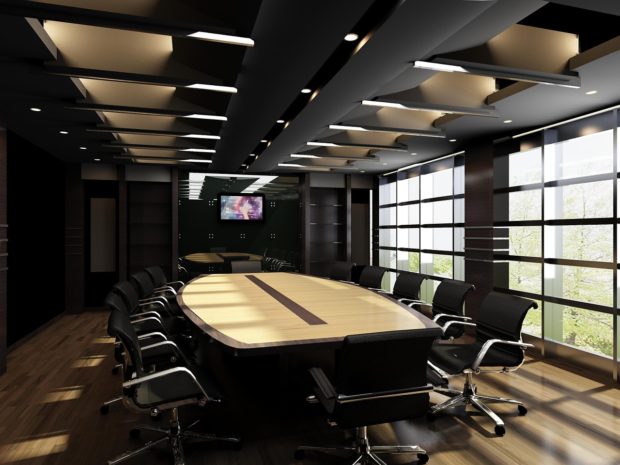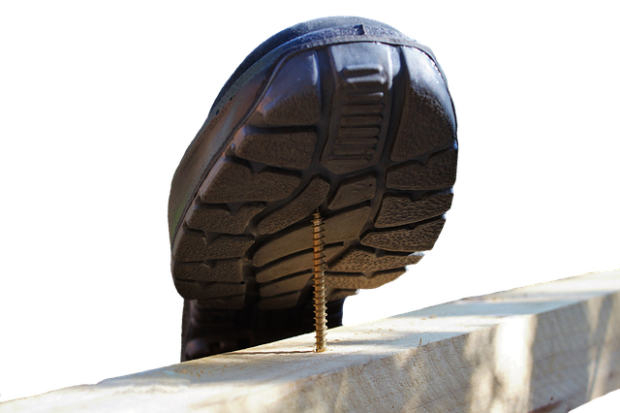Working The Workplace: How Office Environments Affect Our Output

We all know the office we’d love to work in: it’s got four legs, two pillows and a duvet on top. But while the workplace is never going to feel as cosy as your bed at home, there are plenty of companies getting pretty close. From hot-desk arrangements to cinema rooms, employers are cottoning on to the fact that the space we work in matters.
Office perks may be particularly important to young job hunters. 78% of millennials see workplace quality as important when choosing an employer and 69% will trade other benefits for a better working environment. So how does our workplace affect our daily lives, and why should you care?
Open for business?
Following the open office revolution of the early noughties, most employees now operate in open-plan workplaces. Open-plan offices encourage transparency, equality and communication. They’re excellent for start-ups, where cheapness of desk space and collaboration between players is key. But are they good for actual productivity?
A Gensler 2013 study showed that, of employees throughout the U.S., only ¼ operate in optimal workplaces. Part of the reason is covered elsewhere in the document: between 2010 and 2012, the average square foot per person fell from 225 to 176, a number predicted to reach 151 by our current year of 2017. When people don’t have enough breathing room, they feel trapped. And open-plan offices undeniably offer less space – as well as less privacy – to employees.

In an effort to alleviate privacy issues in open-plan spaces, Skylar Tibbits of MIT has designed a pod that can be drawn down from the ceiling to create a temporary cubicle. “We were going after the challenge of office environments, where there are totally open spaces,” he told Business Insider. “They were trendy, but now there’s a bit of a backlash on them. It’s great because you can have privacy in fixed offices; but it’s also not great, because you can’t have flexibility or different functions.”
Open-plan offices also bring with them something many would rather do without: noise. The aforementioned Gensler study found that 77% of employees prefer quiet spaces when focusing on work tasks. And they’re not wrong: a 2011 study proved that participants remembered fewer words, rated themselves as more tired and were less motivated when working in loud environments compared to quiet.
Take a chill pill
We’ve all heard of the Google offices – their computer consoles, sleep pods and kooky communal lounges. But what is the method to their madness?

Two accountancy giants, EY and Tait Walker, have recently revamped offices in the UK to a more relaxed spec. Flat-screen TVs, brand new kitchens, ping-pong tables and PS4s all feature in the newly expanded premises. Kirsty Ramsey, the latter’s marketing manager, thinks that the move will foster a healthy competition among younger workers, as well as getting them away from their desks. “A lot of people, especially in professional services, will sit at their desk to have their lunch and spend the entire day at their computer screen or in client meetings,” she observes to the Chronicle.
By helping employees get up and moving, Tait Walker hopes to improve health and fitness among their workforce. They also accomplish something called internal marketing – not only attracting talented individuals to work at the company, but keeping those currently employed there happy.
Interviewing at a deathly serious workplace? You may wish to rethink your application. And it doesn’t need a ping-pong table to benefit from a lighter atmosphere. Offices with a jokey, relaxed attitude boast healthier, more productive staff. And let’s face it: they’re more fun, too!
Light fantastic
Looking to improve your health at work? You could do worse than grabbing that window seat. The WHSWR regulations of Great Britain dictate that office illumination “should, so far as reasonably practicable, be by natural light.” A recent survey by Peldon Rose suggests that 90% of employees consider natural light an essential support to health and wellbeing at work – but only 63% currently have it in their office.
Use of natural light not only reduces office overheads but can act as a great workforce motivator, especially in winter. Sunlight stimulates production of vitamin D, good for maintaining a strong immune system. It also helps combat the effects of Seasonal Affective Disorder.

Light’s not the only natural thing that could raise your office game. A study from Exeter University found that employees are 15% more productive and 35% more creative in an office that contains houseplants. Greenery in the office offers numerous other benefits too: cleaner air, a more relaxing colour palette and – bizarrely – reduced noise, as the leaves absorb sound.
So next time you look around a potential future workplace, think carefully as to whether it’s right for you; if in doubt, you can always buy yourself a cactus.
This guest post was authored by Inspiring Interns
Inspiring Interns is a graduate recruitment agency which specialises in sourcing candidates for internships and giving out graduate careers advice. To hire graduates or browse graduate jobs, visit their website.
.
Image credits.
Main. Open Office. Google. Lighting.



